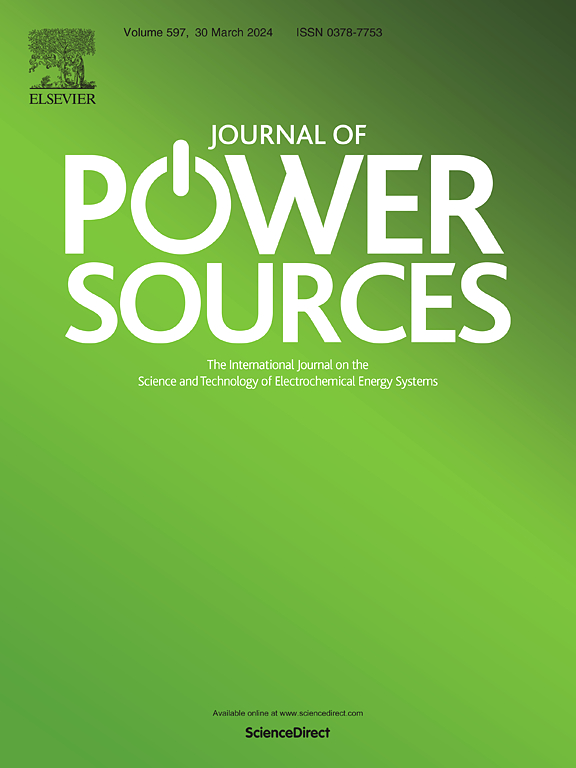Enhanced fault detection in lithium-ion battery energy storage systems via transfer learning-based conditional GAN under limited data
IF 8.1
2区 工程技术
Q1 CHEMISTRY, PHYSICAL
引用次数: 0
Abstract
The accuracy of fault detection in large-scale lithium-ion battery-based energy storage system is limited due to the scarce and low-quality fault dataset. This study proposes a data augmentation technique integrating transfer learning with a conditional generative adversarial network (TL-cGAN) to generate high-quality synthetic fault dataset, thereby enhancing fault diagnosis performance. By embedding fault information as a condition during retraining, this approach enhances the dataset across different fault scenarios. Moreover, the proposed conditional inverse normalization dynamically adjusts normalization parameters based on fault conditions, ensuring physical plausibility. It also refines the kernel density estimation distribution of the generated dataset, thereby preserving key fault signatures. A robust evaluation framework validates the proposed method across static, dynamic, and practical dimensions. Experimental results show that TL-cGAN reduces KL divergence by up to 90 % in key fault types and significantly enhances recall and F1-score in few-shot and low-visibility fault detection tasks, confirming the effectiveness of the method under data-limited conditions.

基于迁移学习的条件GAN在有限数据下增强锂离子电池储能系统故障检测
大型锂离子电池储能系统故障数据的稀缺和低质量限制了故障检测的准确性。本研究提出了一种将迁移学习与条件生成对抗网络(TL-cGAN)相结合的数据增强技术,生成高质量的综合故障数据集,从而提高故障诊断性能。该方法通过在再训练过程中嵌入故障信息作为条件,增强了不同故障场景下的数据集。此外,所提出的条件逆归一化方法根据故障条件动态调整归一化参数,保证了物理合理性。它还改进了生成数据集的核密度估计分布,从而保留了关键故障特征。一个健壮的评估框架可以跨静态、动态和实际维度验证所提出的方法。实验结果表明,在关键故障类型中,TL-cGAN将KL散度降低了90%以上,在少镜头和低可见性故障检测任务中,TL-cGAN显著提高了召回率和f1分数,验证了该方法在数据有限条件下的有效性。
本文章由计算机程序翻译,如有差异,请以英文原文为准。
求助全文
约1分钟内获得全文
求助全文
来源期刊

Journal of Power Sources
工程技术-电化学
CiteScore
16.40
自引率
6.50%
发文量
1249
审稿时长
36 days
期刊介绍:
The Journal of Power Sources is a publication catering to researchers and technologists interested in various aspects of the science, technology, and applications of electrochemical power sources. It covers original research and reviews on primary and secondary batteries, fuel cells, supercapacitors, and photo-electrochemical cells.
Topics considered include the research, development and applications of nanomaterials and novel componentry for these devices. Examples of applications of these electrochemical power sources include:
• Portable electronics
• Electric and Hybrid Electric Vehicles
• Uninterruptible Power Supply (UPS) systems
• Storage of renewable energy
• Satellites and deep space probes
• Boats and ships, drones and aircrafts
• Wearable energy storage systems
 求助内容:
求助内容: 应助结果提醒方式:
应助结果提醒方式:


